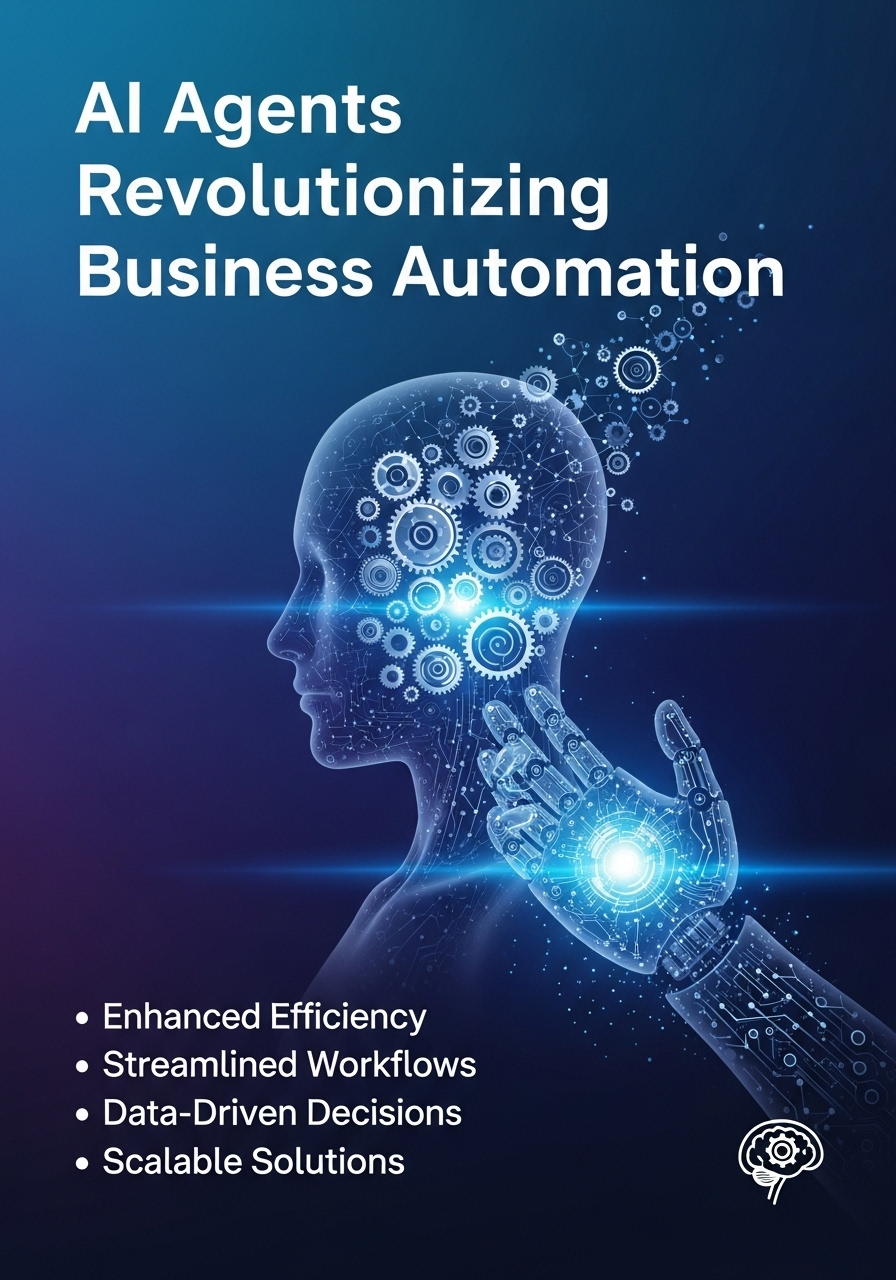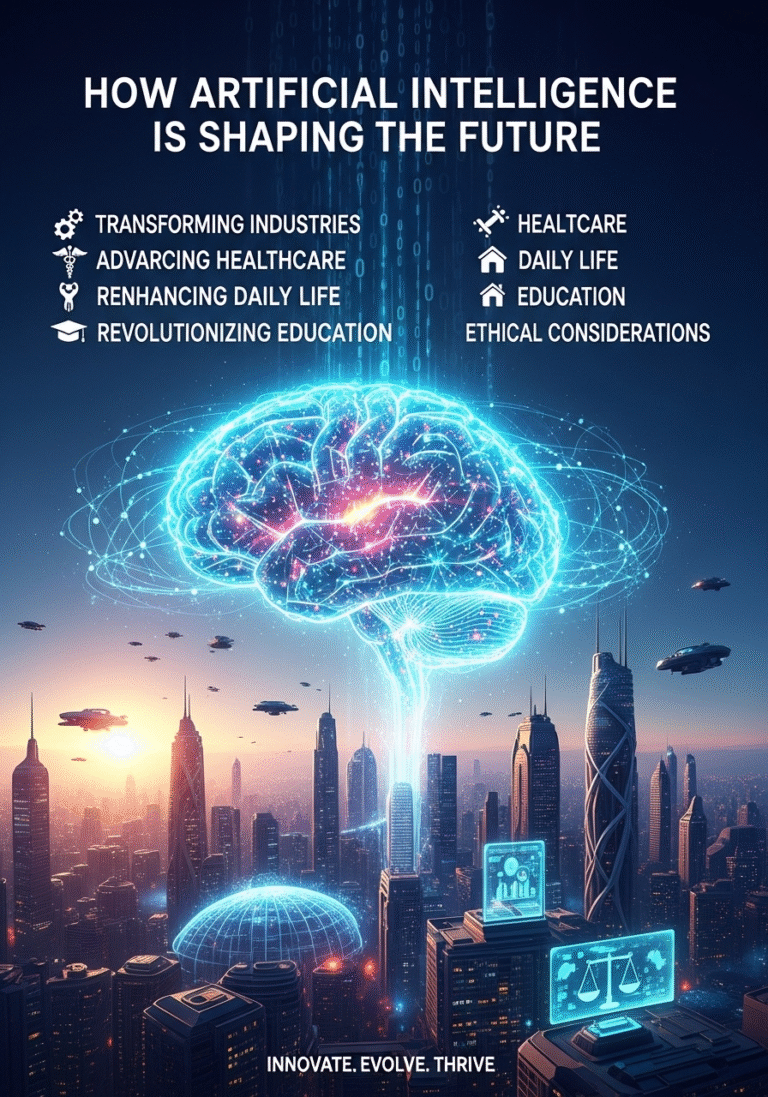AI Agents Revolutionizing Business Automation
Source Credit: ChatGPT. Image credit: Google AI Studio
Introduction
Artificial Intelligence (AI) agents are no longer futuristic tools—they’re the backbone of modern business automation. From streamlining operations to enhancing customer experiences, AI agents are redefining how organizations function, innovate, and grow in today’s digital-first world.
What Are AI Agents?
AI agents are intelligent systems designed to perform complex tasks autonomously. Unlike traditional software automation, these agents can learn, reason, and adapt to changing business environments.
They leverage technologies like machine learning (ML), natural language processing (NLP), and large language models (LLMs) to make data-driven decisions, interact with humans, and optimize workflows in real time.
How AI Agents Are Transforming Business Operations
- Customer Support Automation
Intelligent chatbots and virtual assistants can now handle 80% of customer inquiries with human-like accuracy. They provide instant responses, resolve issues, and even understand emotional tone—freeing up human agents for complex cases. - Sales & Marketing Efficiency
AI agents analyze customer behavior to predict trends, personalize outreach, and automate lead nurturing. Marketing teams use them to craft targeted campaigns that convert more effectively and reduce manual workload. - Smart Workflow Management
In large enterprises, AI agents coordinate between departments, manage schedules, and optimize resource allocation. This reduces inefficiencies and operational costs while ensuring faster decision-making. - Data Analysis & Reporting
Instead of manually generating reports, AI agents can process massive datasets, identify insights, and present visual dashboards within seconds. This makes real-time strategic planning a reality for business leaders. - Financial Process Automation
From invoice processing to fraud detection, AI-driven automation ensures accuracy, speed, and compliance in financial operations.
Benefits of AI Agent Adoption
✅ Increased Productivity: Automates repetitive tasks and reduces human error.
✅ Cost Savings: Lowers labor costs and improves operational efficiency.
✅ Scalability: AI systems can adapt to growing business demands without additional staffing.
✅ 24/7 Availability: Always active—enhancing customer service and response times.
✅ Data-Driven Decision Making: Provides instant insights for smarter business strategies.
Real-World Examples
- Amazon uses AI agents to manage supply chain logistics and predict inventory demand.
- HubSpot integrates AI assistants to automate CRM data entry and improve marketing automation.
- IBM Watson Orchestrate empowers non-technical users to automate workflows using conversational AI.
Challenges Ahead
While AI agents bring immense potential, businesses face challenges such as:
- Data Privacy Concerns
- Integration Complexity
- Workforce Adaptation and training for AI collaboration
- Ethical Considerations in automated decision-making
Organizations must adopt transparent, responsible AI frameworks to ensure trust and accountability.
The Future of Business Automation
In the next five years, AI agents will evolve from task executors to strategic business partners—capable of forecasting trends, making autonomous decisions, and even co-creating new products.
Businesses that embrace this transformation today will gain a decisive competitive edge in tomorrow’s intelligent economy.


